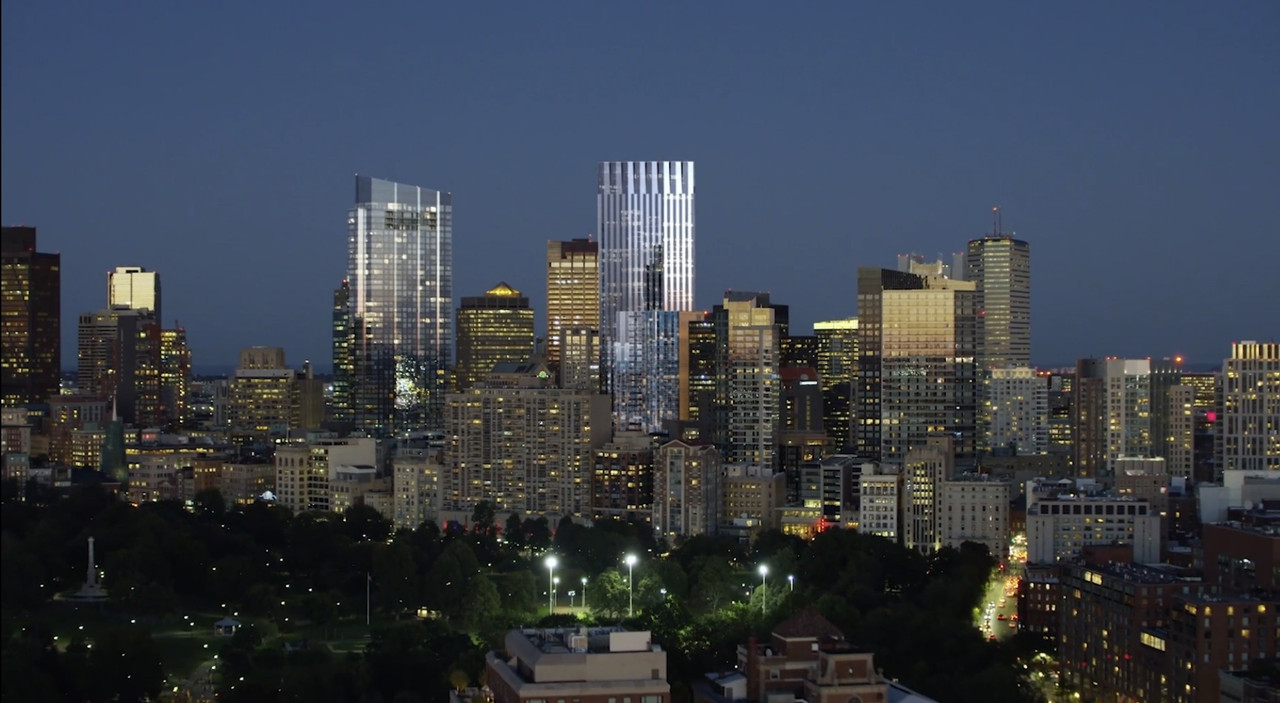I'm from Nashville, and forget NYC, I doubt Music City has as much red tape as Boston does when it comes to building anything remotely tall.
Who cares? Certainly not all the developers who've been putting up tower after tower in Boston's central core since, oh, 2012 or so. Obviously it's profitable for them or they wouldn't be doing it. So the notion this "red tape" (however you'd actually measure it objectively) is actually a real burden in terms of all the major new development that's happened in Boston strikes me as laughable.

